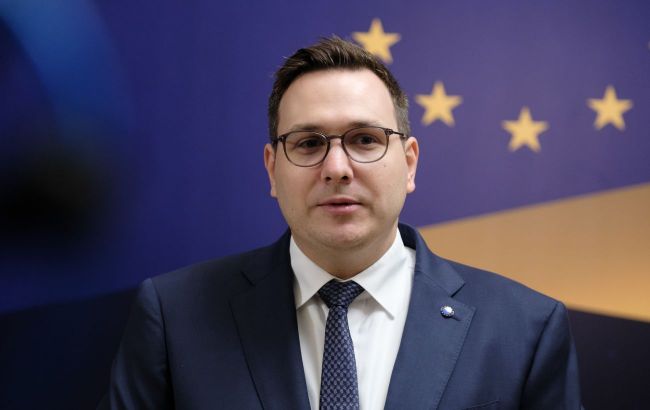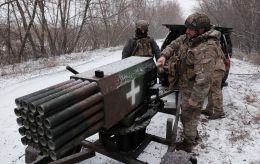Czech Foreign Ministry calls freezing of Russian assets an act of self-defense
 Czech Foreign Minister Jan Lipavsky (Photo: Vitalii Nosach, RBC-Ukraine)
Czech Foreign Minister Jan Lipavsky (Photo: Vitalii Nosach, RBC-Ukraine)
The Russian Federation should not have to deal with the property it has in the Czechia; for Prague, this is an act of self-defense, according to Cesky Rozhlas.
A spokesperson for the Czech government stated that adding a Russian state agency responsible for the management of real estate in the Czechia to the sanctions list would hinder Russians from utilizing rental income to harm Ukrainians.
"For us, this is an act of self-defense. Russia is engaging in aggressive warfare in Ukraine, resulting in significant problems such as high costs for electricity, gas, and inflation; caring for half a million refugees; all because of Putin," said Lipavsky.
He emphasized the importance of Czechia providing support to ensure that Ukraine can maintain its territorial integrity in the conflict with Russia and uphold the principle that borders in Europe cannot be altered through force.
It is worth noting that during the 12th EU sanctions package negotiations, Czech diplomacy is proposing solutions for applying maximum economic pressure on Russia. One such solution includes imposing restrictions on the movement of Russian diplomats in Europe.
Confiscation of Russian assets
On November 15, it was revealed that Czechia has approved the freezing of Russian state-owned property within the country. This move would put an end to the commercial activities that provide funds for Russia's involvement in the murder of Ukrainians.
Previously, Ukrainian Prime Minister Denys Shmyhal stated that the country, in collaboration with partners, is actively seeking ways to seize frozen Russian assets, including state-owned ones, in allied nations. The $500 million allocated funds should be utilized to reconstruct Ukraine.
Bloomberg reports that the EU is facing legal challenges in the process of confiscating the Russian central bank's 200 billion euros of frozen assets.

